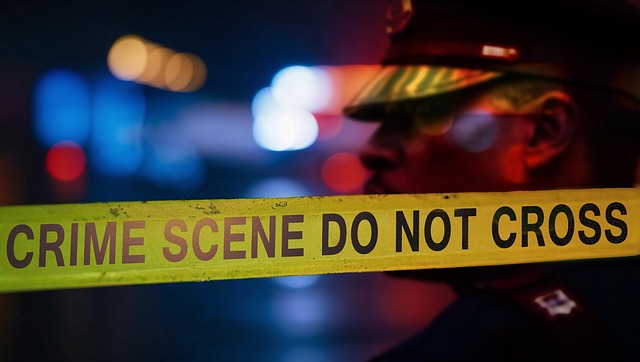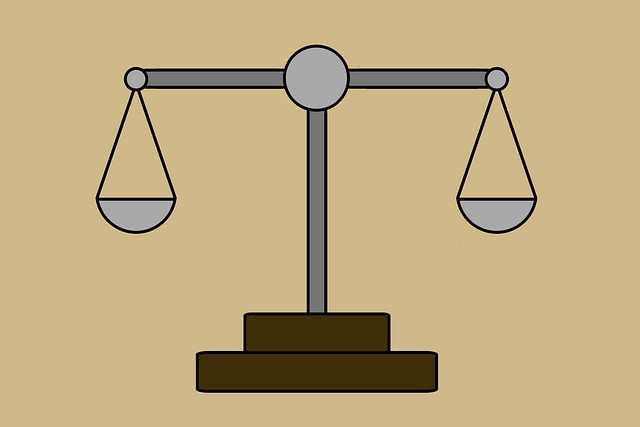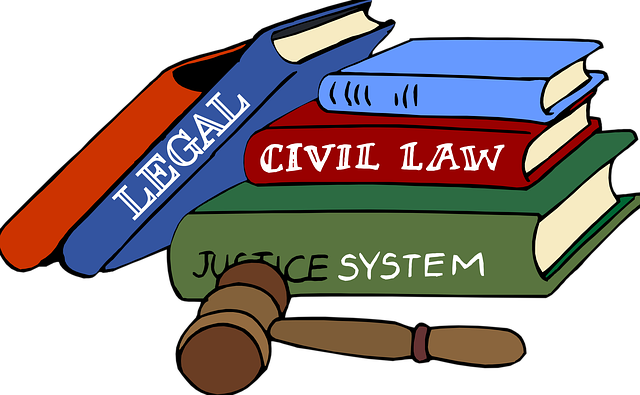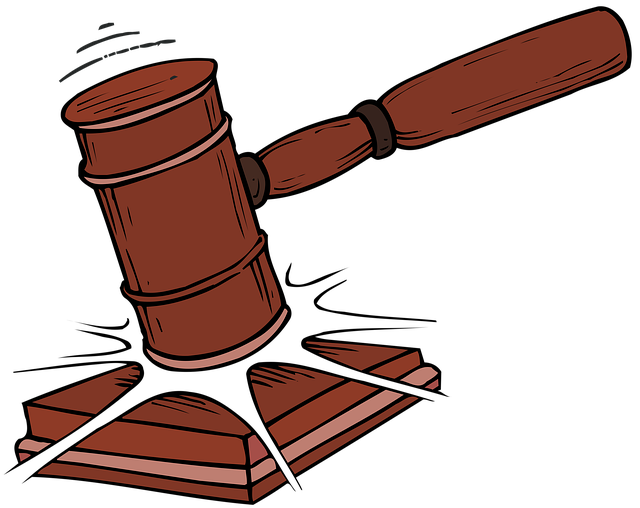Environmental crimes like pollution, habitat destruction, and wildlife trafficking threaten nature. Countries respond with stringent legislation and require Legal Assistance for Environmental Regulation Violations to prosecute offenders effectively. Specialized legal expertise is vital for navigating complex charges, mitigating penalties, and achieving favorable outcomes in high-stakes cases involving corporate and individual clients.
In the realm of environmental law, navigating criminal cases requires a deep understanding of intricate legal frameworks. This article explores crucial aspects of environmental crime, guiding you through the complexities. From deciphering violation types and their consequences to discovering the right legal assistance for environmental regulation violations, it offers valuable insights. By delving into these topics, including understanding environmental crime legal frameworks and accessing support from specialized lawyers, readers will gain essential knowledge to face such cases effectively.
- Understanding Environmental Crime Legal Frameworks
- Navigating Charges: Violation Types and Consequences
- Accessing Support: Lawyers for Environmental Cases
Understanding Environmental Crime Legal Frameworks

Environmental crimes, often referred to as ecocides or ecological offences, encompass a range of illegal actions that cause significant harm to the natural environment. These include activities such as pollution, habitat destruction, illegal logging, and wildlife trafficking. Understanding the legal frameworks governing these crimes is crucial in holding perpetrators accountable and deterring future environmental degradation. Many countries have enacted comprehensive legislation to address environmental concerns, providing clear guidelines on what constitutes an offence and the corresponding penalties.
Legal Assistance for Environmental Regulation Violations plays a pivotal role in navigating these complex legal landscapes. As environmental laws often involve intricate scientific and technical aspects, individuals or organizations accused of violations may require specialized legal support. This is especially true for high-stakes cases involving white-collar and economic crimes, where the impact on both the environment and society can be profound. The involvement of philanthropic and political communities in promoting environmental justice further highlights the need for robust legal frameworks and expert legal assistance to ensure the effective prosecution of environmental criminals.
Navigating Charges: Violation Types and Consequences

Navigating Charges involves understanding the diverse types of violations that fall under Criminal Law, with a significant portion dedicated to environmental regulations. These violations range from white-collar and economic crimes like fraud, money laundering, and tax evasion, to more specific environmental offenses such as pollution, habitat destruction, and regulatory non-compliance. The consequences can be severe, impacting not just individuals but also the filantropic and political communities. Businesses and organizations found guilty may face hefty fines, asset forfeiture, and even criminal sanctions for their owners or executives.
Securing Legal Assistance for Environmental Regulation Violations is crucial in navigating these charges effectively. Skilled attorneys specializing in this area can provide a winning challenging defense verdict by exploiting legal loopholes, questioning evidence, and presenting mitigating factors. They help clients understand the complexities of environmental laws and ensure that rights are protected while working towards resolving the case in the most favorable manner possible.
Accessing Support: Lawyers for Environmental Cases

Navigating complex environmental regulation violations requires specialized legal expertise, making access to skilled lawyers paramount for corporate and individual clients alike. In high-stakes cases where regulatory non-compliance can have severe consequences, competent legal assistance becomes indispensable. These lawyers possess in-depth knowledge of environmental laws, regulations, and their intricate interpretations, enabling them to provide tailored strategies for defense and resolution.
They help clients understand the charges, mitigate potential penalties, and explore avenues for legal redress. Their role involves extensive research, strategic planning, and effective communication with regulatory bodies. Whether it’s a general criminal defense or a specialized environmental case, these legal professionals ensure their clients receive robust representation, guiding them through the complex web of environmental law to achieve favorable outcomes.
Environmental crime cases require a deep understanding of legal frameworks and specialized support. By navigating the various violation types and their consequences, individuals can better prepare themselves. Accessing legal assistance for environmental regulation violations is crucial to ensuring fair outcomes in these complex cases. With the right guidance, those accused can protect their rights and work towards positive environmental change.






